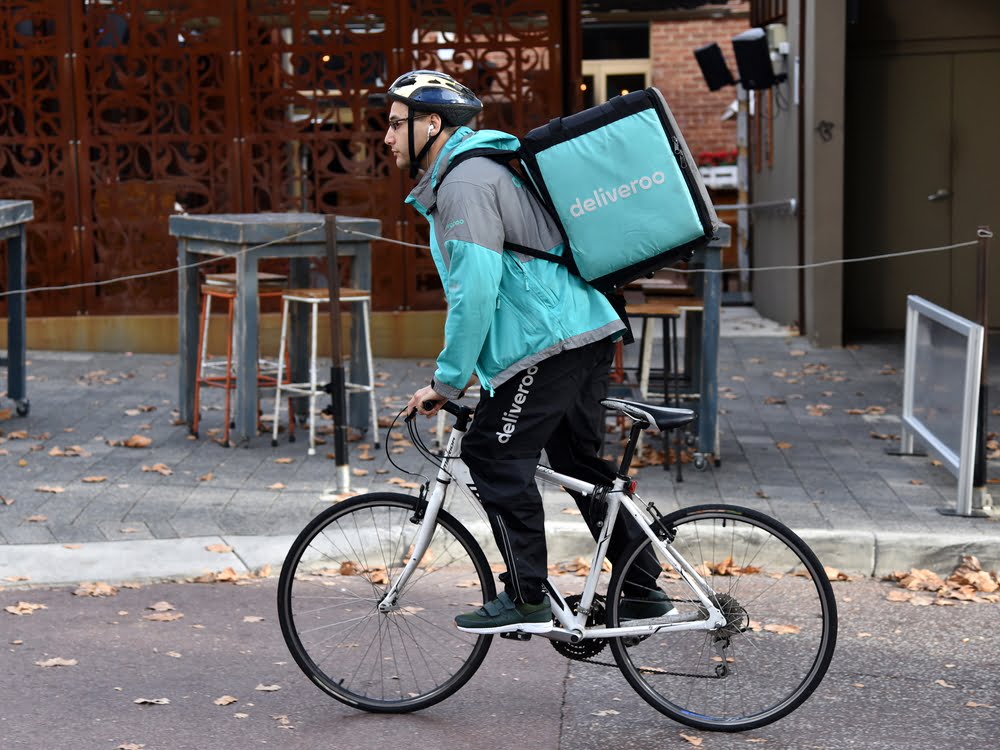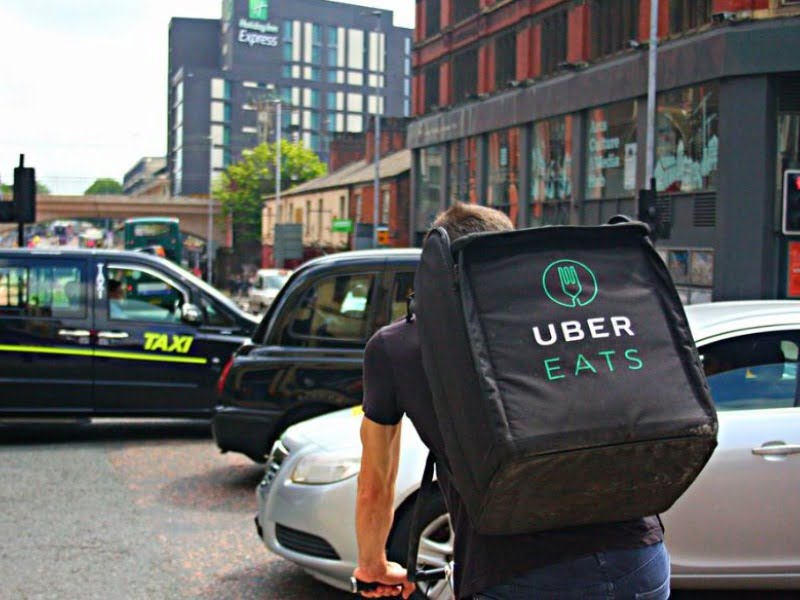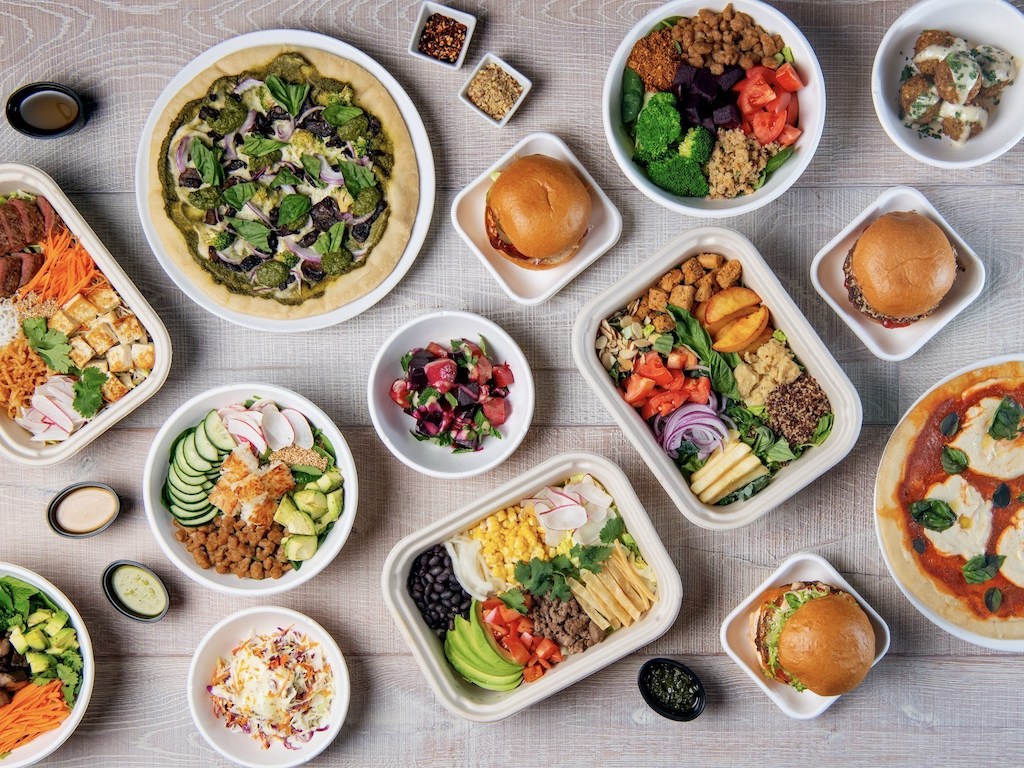Menulog has begun its trial of adopting an employment model in the Sydney CBD, with riders provided with the minimum wage, superannuation and safety equipment.
The Australian gig economy firm announced it intended to move towards a full employment model earlier this year, following growing concerns about workers’ safety and conditions, and has now kicked off its first pilot of this new business model.
It marks a significant shift from Menulog’s previous business and that of its big rivals in the sector, with tech firms typically classifying delivery riders as independent contractors rather than employees, avoiding having to provide the benefits typically associated with employment.

As part of the trial, Menulog riders in the Sydney CBD have been provided with a company uniform, safety equipment and a bike, and will receive the minimum wage, superannuation and other benefits.
The trial marks an important milestone for the gig economy in Australia, and throws the gauntlet down to the likes of Uber and Deliveroo, Transport Workers’ Union national secretary Michael Kaine said.
“This trial is an important deviation from the deliberate misclassification model introduced by Uber and replicated by tech startups across the world, which was purposefully designed to circumvent industrial laws and exploit workers,” Mr Kaine said.
“The TWU is excited to see the trial get off the ground. We hope this marks a turning point in what has been a merciless, deadly industry. Menulog is blazing the trail and we look forward to ongoing cooperation to achieve appropriate standards and conditions for food delivery riders.
“With the right balance, Menulog will find the harmony of fairness and flexibility the likes of Uber and Deliveroo try to deny is possible.”
Announcing the trial earlier this year, Menulog managing director Morten Belling said it was a “moral obligation” rather than an economic decision, acknowledging that it will be a long journey but the company will look to “bridge the gap” in the meantime.
“We owe it to our couriers to help enhance their life standards and as such, we have begun looking at how we can improve the way we operate and, as part of this, how we can roll out an employee model in Australia,” Mr Belling said.
“We believe this plan will help us better do the right thing by our couriers and meet our moral obligations as an Australian-born business and one of Australia’s largest food delivery platforms.”
The launch of the trial comes just days after a Labor-led Senate Committee labelled conditions for gig economy workers as “not acceptable”, and called for better protections and dispute resolution methods.
The report found that these workers often work in high-risk and unsafe conditions and are not provided with “sufficient income”.
The committee called for workers in the gig economy to be paid in a way that “recognises the value of the work they do”, and receive benefits that ensure they are not forced to work when they are sick, along with superannuation.
“The committee considers that fundamental changes to the structure of on-demand platform work are required to ensure that people are given some certainty in their work, that they are paid fairly, are able to work as safely as possible, and that they have protections for themselves and their families when they are ill, injured or if they are killed at work,” the report said.
In May the Fair Work Commission ruled that an Australian Deliveroo rider who had been kicked off the platform last year was an “employee” of the company with a right to the minimum wage, superannuation and unfair dismissal protection.
The post Menulog kicks off Sydney employment model trial appeared first on InnovationAus.
This post was originally published on InnovationAus.



